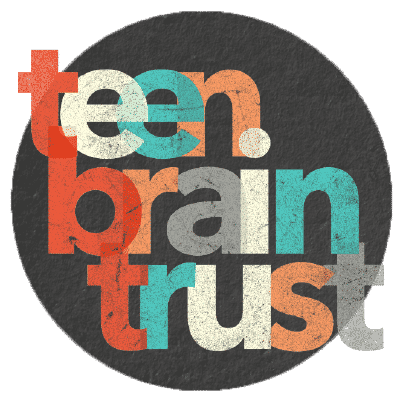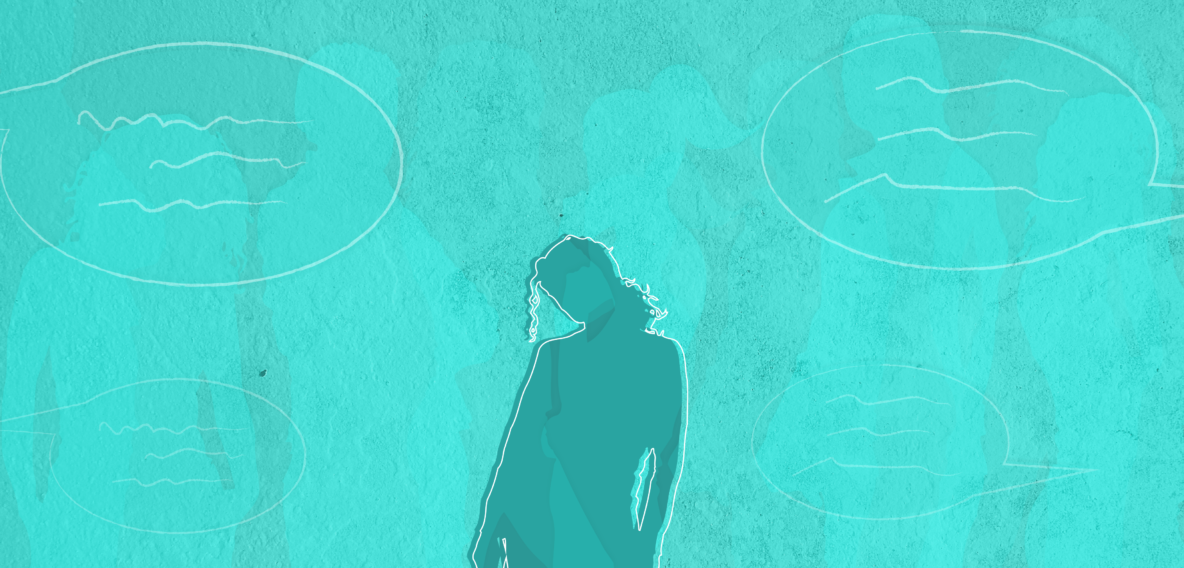Why It’s Important To Talk to Your 13 Year Old About Substance Use
This conversation is from our Free Guide: 7 Conversations About Substance Use to Have With Your Teen (And When to Have Them)
Talking with kids, and especially middle schoolers, about serious topics is always tricky. We often want to put off having these uncomfortable conversations for as long as possible. The idea that our sweet young kid could be exposed to substance use in middle school!?! We don’t even want to think about it.
And yet, it is probable that our kid will find themselves in some situation where drugs and/or alcohol are present in middle school or early high school. This is by no means to say that we can or should expect our kids to start using at this point, but it is important for us to make the first move in discussing the reality of the matter.
Starting this conversation as early as middle school can encourage our children to think critically about what they might do if offered drugs or alcohol, and remind them that we are a safe and understanding resource to turn to.
PREPARING YOUR KID FOR THEIR INEVITABLE FIRST ENCOUNTER
When to have this conversation
Considering bringing this topic up around 7th or 8th grade.
Why have this conversation
Data shows that kids are at high risk of being exposed to drugs and alcohol beginning at age 13/14. Once again, this does NOT mean that they start using at this point, but more so that they are in social situations where drugs and alcohol may be present or where their friends may start experimenting. This means that age 13 is a good point to start talking about the practicalities of being around substances.
Goals for this conversation
- Encourage our kids to think critically about what they might do if offered alcohol or drugs.
- Remind our kids that we’re safe people to talk to about drugs or alcohol.
- Let our kids know that if they find themselves in a situation with drugs and alcohol and they’re uncomfortable or they don’t know what to do they can call or text us.
Since kids often feel peer pressure around drug culture we recommend the following: Agree on an emoji or phrase that if the kid ever texts you, you will know to call them and pretend there’s an emergency at home you need help with. Doing this gives your kids a ‘socially acceptable’ way out of situations they may not feel comfortable with.
How to start this conversation
Say something along the lines of, “I know I’m probably the last person in the world you want to talk to about drugs or alcohol, but since you’re getting older, I think it's important that we check in and talk about it from time to time.”
Questions you may ask during the conversation
- Why do you think kids your age might want to drink or use drugs?
- Why do you think older kids might want to drink or use drugs?
- How do you think kids your age should respond when offered drugs or alcohol by one of their friends or classmates (and why)?
What can we do when we catch ourselves engaging in cognitive distortions?
There are a number of effective, evidence-based techniques and practices that we cover in our article on Cognitive Reframing.
The first step in all of these techniques and practices is to first identify what distortions you are engaging in. If you’re interested in doing some self-examination in this area we hope the list in this article will prove helpful.
Share this Post


